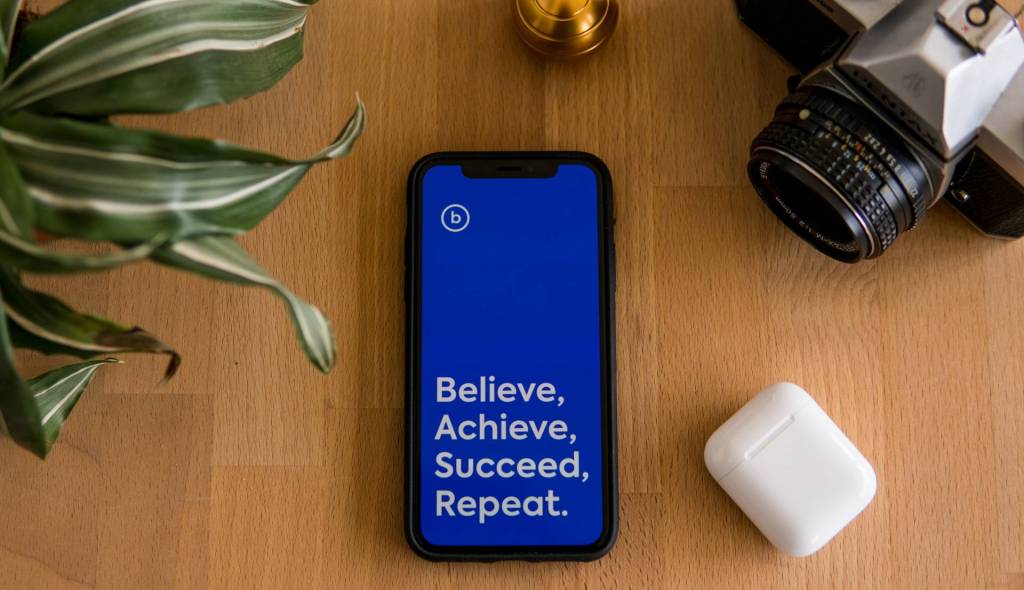 How many times in your life have you made some careless, ill-considered remark that had the effect of hurting, insulting or angering those around you? If you’re like me, this has probably occurred more than a few times! And, oh, how we usually wish we could immediately take back those words, or perhaps just curl up in a ball in the nearest corner.
How many times in your life have you made some careless, ill-considered remark that had the effect of hurting, insulting or angering those around you? If you’re like me, this has probably occurred more than a few times! And, oh, how we usually wish we could immediately take back those words, or perhaps just curl up in a ball in the nearest corner.
Thank goodness, for most of us mere mortals the effects of such verbal gaffes are usually short-lived and either soon forgotten or at least easily forgiven. If, however, you’re the Chief Executive Office of one of the largest computer technology companies in the world, the situation can be—and usually is!—of substantially more moment and far longer lasting. The CEO of giant Microsoft, Satya Nadella, is a case in point.
Since it has captured headlines across the U.S. and around the world, you may already be aware of the details of the incident. But in the event you are not, let me briefly recap the salient points.
Appearing in Phoenix, AZ, at (of all things!) an event focusing on women in technology, Mr. Nadella suggested that women in tech shouldn’t ask for raises, but rather, should trust in “the system” to take care of them.
Tick . . . Tick . . . Tick . . .
“It’s not really about asking for the raise but knowing and having faith that the system will actually give you the right raises as you go along,” he said. “And that, I think, might be one of the additional superpowers that quite frankly women who don’t ask for raises have.
Tick . . . Tick . . . Tick . . .
“Because that’s good karma,” he added. “It’ll come back because somebody’s going to know that’s the kind of person that I want to trust. That’s the kind of person that I want to really give more responsibility to.”
BOOM!
Not unexpectedly, the reaction—especially from women, and particularly from women in technology!—was swift, harsh and (thus far) unrelenting. To his credit, Mr. Nadella (and Microsoft) was quick to admit (and profusely apologize for) his faux pas. Still, the damage was done and the cat was quite literally let out of the bag not only on Nadella’s own company, but on the overall tech industry, with regard to the seeming lack of diversity in the employee ranks, including gender diversity.
Tech Industry a ‘Young White Boys’ Club’?
If some professions, such as certain segments of the banking industry and staid old law firms, can rightly be characterized as an “Old Boys’ Club,” then the tech industry could easily be characterized as the “Young Boys’ Club,” and more precisely, as a “Young White Boys’ Club.” And the tech industry’s detractors would seem to have the numbers to back up such a contention.
Unfortunately, Mr. Nadella’s remarks came just days after Microsoft (along with other tech giants such as Google, Yahoo!, Twitter and Facebook) released its diversity statistics. So he certainly couldn’t plead ignorance regarding diversity “issues,” both in his own company and the tech industry as a whole.
Here are the Microsoft worldwide workforce statistics (which are similar to other large tech companies):
- Women now comprise 29 percent of Microsoft’s workforce;[1]
- Nearly 61 percent of its staff is white;
- About 29 percent is Asian;
- About 5 percent is Latino; and
- About 4 percent is black.
Moreover, according to a recent report from the American Institute for Economic Research, women and people of color in technology firms, on average, are paid nearly $6,400 less per year than their equally qualified white male counterparts.
Possible Positive ‘Backlash’ from Nadella’s Remarks
It is not my intention in this post to join the already huge group of people who have piled on Mr. Nadella and continue to hammer him for his ill-advised remarks. I must admit, however, that it seems more than just a little bit remarkable to me that he, of all CEOs, could have been so apparently oblivious and insensitive not only to gender inequality, but also to the lack of diversity in his own company’s workforce.
Mr. Nadella, who was born in India, immigrated to the United States as a young man to further pursue his technical education. Wouldn’t it seem reasonable to expect that, at certain points along the way to his rise to the pinnacle of one of the world’s largest tech companies, that he, himself, was subjected to unfair discrimination? Wouldn’t it therefore likewise seem reasonable that he would have been far more attuned to the issue than most?
Ironically, and as some women in technology groups have already pointed out, Mr. Nadella’s ill-advised remarks may actually result in some positive steps toward resolving diversity issues, including gender, in technology. Whereas the issue was somewhat on the back burner until Mr. Nadella’s remarks, today, it very much is on the front burner and appears likely to stay there for a while!
NOTE TO MR. NADELLA: In the future, be sure to practice, practice, practice, effective, appropriate answers to questions you can reasonably expect to be asked during an “interview.”
[1] In fairness, though, this percentage is UP from 24 percent over the previous year. Also, the percentage of women pursuing undergraduate degrees in computer technology and related fields peaked in the mid-1980s and has been steadily declining ever since. The reason for this decline may be related to lack of opportunities for women in tech or merely the result of women having career interest other than computer technology.
________________________________
Check out Skip’s latest book in the “Headhunter” Hiring Secrets Career Development/Management publications series, Career Stalled? How to Get Your Career Back in HIGH Gear and Land the Job Your Deserve—Your DREAM Job!
Going on a job interview soon? Know someone who is? Download Skip’s FREE PDF entitled,“How to ACE the Job Interview, by clicking HERE.












